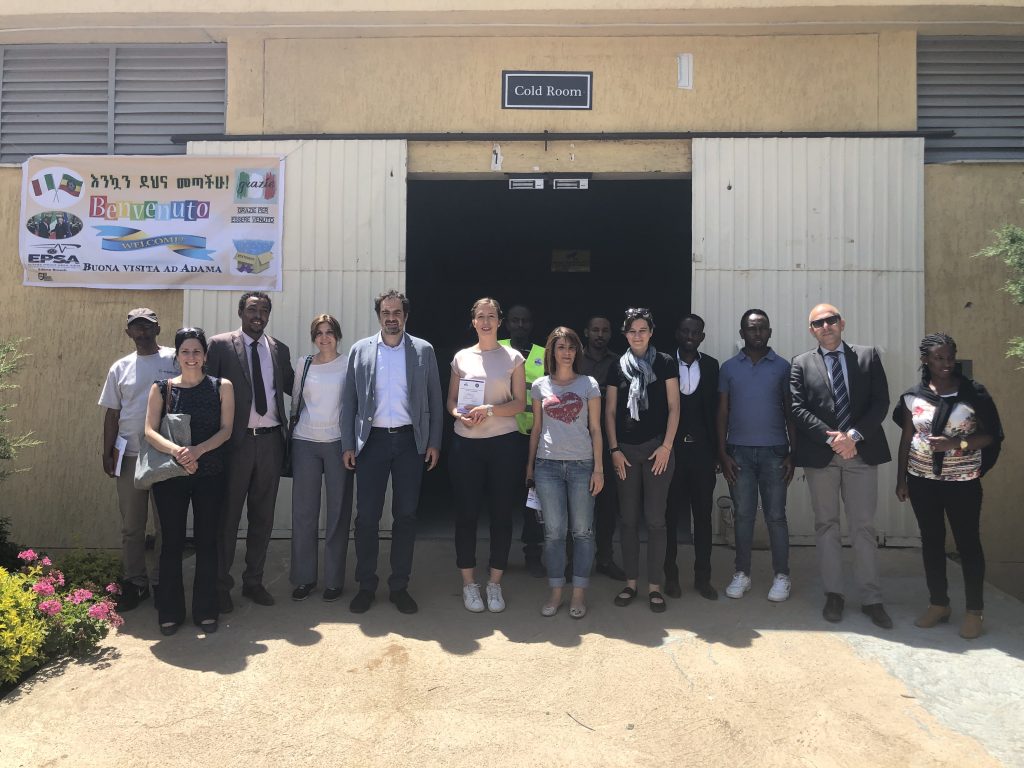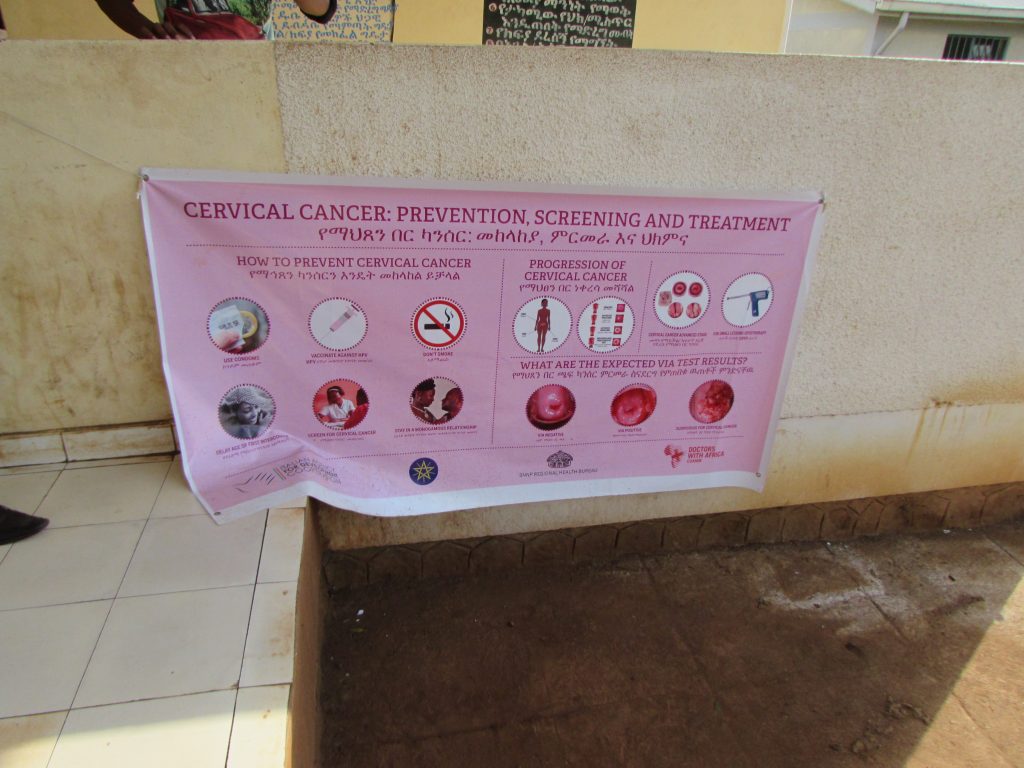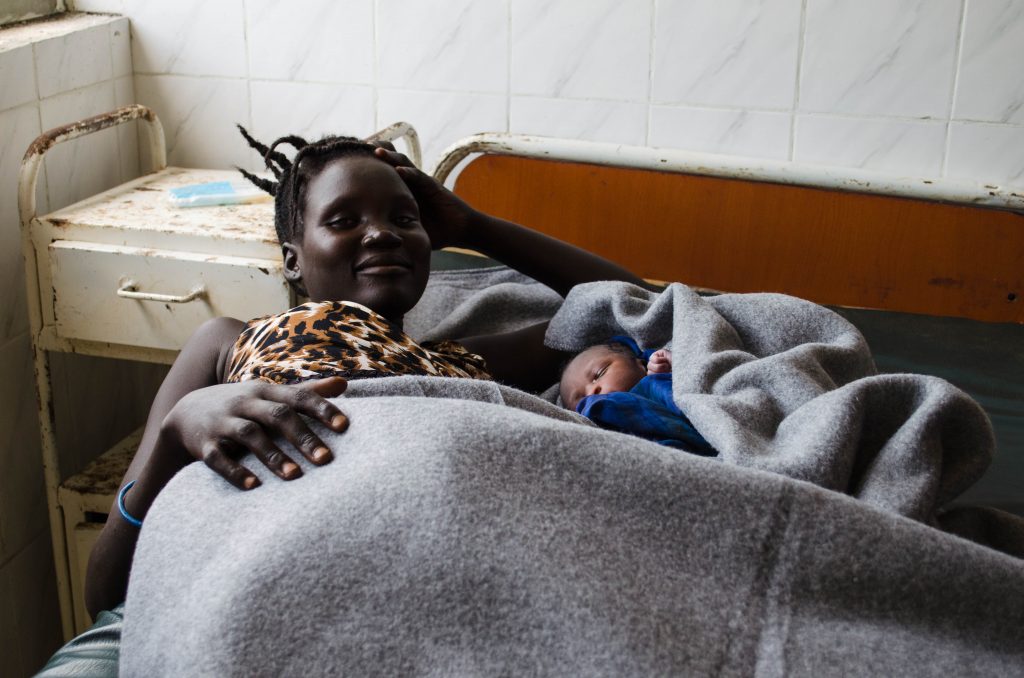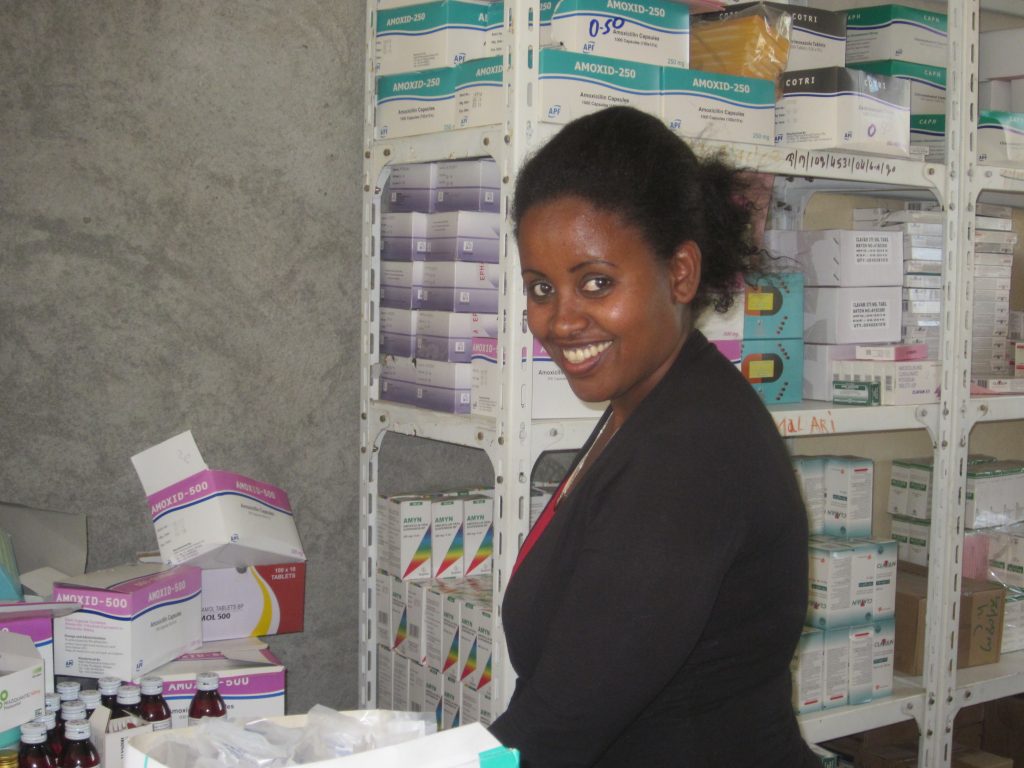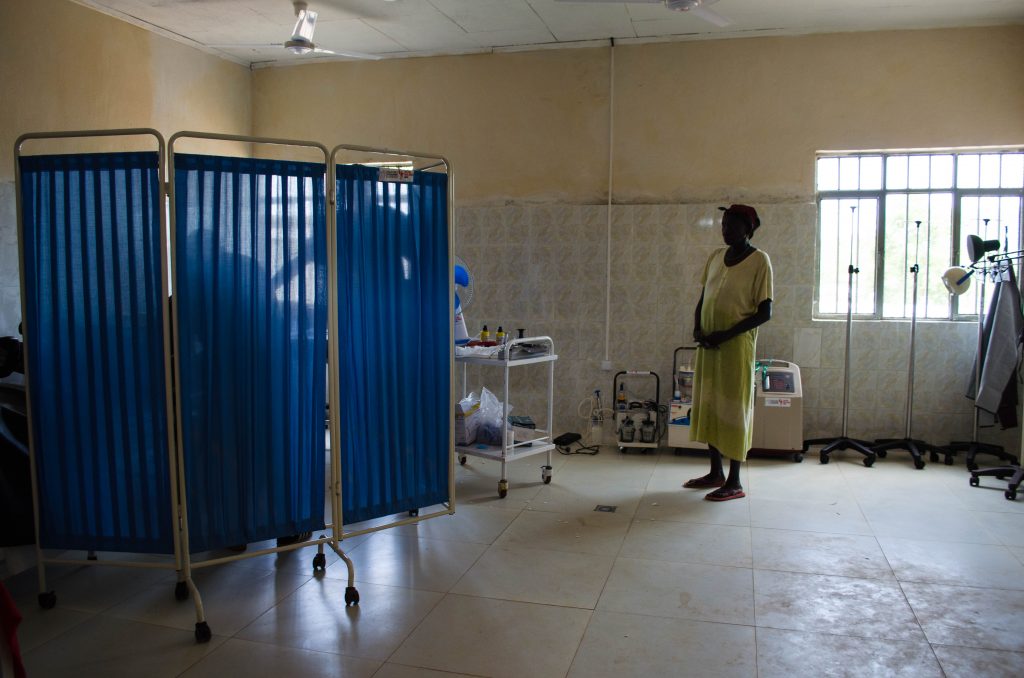Ethiopia reported relevant progress in achieving the health targets of the Millennium Development Goals, experiencing a drastic decline in new HIV infections (90%), malaria-related deaths (73%), maternal mortality ratio (71%), under-five mortality (67%), and mortality due to tuberculosis (50%). Despite these improvements, inequity in access to health services and poor quality of the latter represent serious challenges to the achievement of the health-related Sustainable Development Goals (SDGs). Moreover, the recurrent natural disasters due to climate change and the existing internal conflicts have negative consequences on health services delivery and, in general, on the health system facing different emergencies (e.g. increased malnutrition, cholera and measles outbreaks). In order to accelerate the progress towards Universal Health Coverage (UHC), the country needs to implement strategies specifically targeting the more marginal populations and disadvantaged geographic areas, in particular the lowlands and the rural population. The Italian Agency for Development Cooperation (AICS) is committed to support equitable and accessible high quality health services across the nation. To this aim, it is supporting the government strategy, through a multi-sectoral approach for sustainable and durable achievements.
The national strategy of the health sector, defined by the Federal Ministry of Health in the five-year Health Strategic Transformation Plan (HSTP 2015/16-2019/20), aims at strengthening the health system assuring equity of access and quality of care. The HSTP represent the first phase of a 20-year plan, entitled “Envisioning Ethiopia’s path to Universal Health Care through strengthening of Primary Health Care”, through four main transformations: Transformation in equity and quality of health care; Information revolution; Woreda transformation and The Caring; Respectful and Compassionate health workforce.
AICS will support the Federal Ministry of Health (FMoH) and Regional Health Bureau (RHB) in this long-term effort to improve the health status of the Ethiopian people, providing technical assistance and financial resources through different modalities (soft loan, grants, multisector funding, multilateral and bilateral projects)
Our initiatives
Contribution to SDG Performance Fund
In partnership with other Development Partners, AICS is assuring a long-lasting contribution to the heath sector through the SDG Performance Fund. A pooled funding mechanism, managed by the FMoH using the Ethiopian Government procedures, which aims to provide additional resources for the FMoH in the implementation of the HSTP for the whole Country. It is one of the GoE’s preferred modalities for scaling up Development Partners’ assistance in support of HSTP. This initiative promotes harmonization among partners and alignment to the government strategy. It is part of the International Health Partnership Compact, and consistent with the “one plan, one budget and one report” concept.
Contribution to the Health Pool Fund (HPF)
The Health Pool Fund is a pioneer pool fund in the health sector, administered by UNICEF as trust fund manager. It was created in 2005 and has been extended fourth times, with the purpose to provide FMoH with technical assistance, and support other initiatives (e.g. international meetings, workshop and conferences) for the implementation of the HSTP.
Support to the Global Fund (GF) to Fight AIDS, TB, Malaria
AICS is committed to end the epidemics of AIDS, tuberculosis, malaria and combat other communicable diseases through the Italian contribution to the Global Fund (GF). The Italian Cooperation is a bilateral member of the Country Coordination Committee (CCM), thus it is directly involved in the development of new initiatives supported by the Global fund mechanism and in the monitoring of the ongoing ones.
The fight against HIV/AIDS
In addition to the contribution to the GF, AICS has been supporting other projects to control HIV/AIDS. The first project aims to improve retention in care of the HIV+ people and it is implemented by the Italian Public Health Institute (ISS link to ISS CASA) in Tigray Region in close collaboration with the Tigray Regional Health Bureau. The second is carried out in SNNP Region by the SNNP RHB and some HIV associations (namely Medhin, NOSAP and Tilla) through UNAIDS management (link to CHECK); the scope is primarily increasing demand for HIV/STI/RH services (through BCC awareness/education), economic empowerment (institutional IGAs, and OVCs educational materials), and psychosocial support to OVCs and PLHIV (CBOs, CSOs, FBOs, media engagement).
Complementary to the above mentioned projects, AICS has allocated funds for the NCDs/CDs integrated services. An Italian NGO specialized in health interventions (CUAMM) won the call for proposals and has just concluded a 12-month project in SNNPR aimed at promoting and establishing integrated services, such as the provision of cervical cancer screening, especially for the HIV+ women, in order to avoid the missing opportunity for those accessing either to the HIV or to the cervical cancer prevention services.
Support to the Regional Health Bureau
For many years AICS has been supporting the Regional Health Bureau in Oromia and Tigray to strengthen their health systems and improve the health status of the catchment population through a bilateral project (link to OROMIA & TIGRAY). A second project is supporting infrastructure development, water supply and Electronic Medical records in two regions (Amhara, SNNP) and Addis Ababa.
Recently, AICS has granted a new funding to help four Developing Regions (Afar, Gambella, Benishangul-Gumuz, Somali link to DISEGUAGL.), whose health data shows poor performance and quality of health services due to systemic gaps in infrastructures, equipment and human resources and people’s lack of confidence in the health system. The Italian contribution intends to taget those areas with different interventions to reduce inequity in access and improve quality of health services.
Non-Communicable Diseases: Tobacco
In Ethiopia the Italian involvement in the NCDs sector regards the tobacco control in partnership with WHO and close collaboration with the Ethiopian Government. There are currently two projects aimed at reducing the prevalence of tobacco use and correlated morbidity and mortality throughout tobacco taxation and enforcement of measures related to Smoke free Environment. Funding has been channeled to WHO in the framework of a regional project covering all countries in East Africa.
